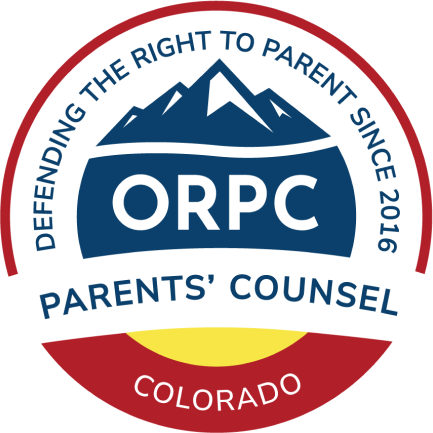Effects of an Interdisciplinary Approach to Parental Representation in Child Welfare
This study utilizes a quasi-experimental propensity score matching design to assess the causal impact on child welfare outcomes when parents facing an abuse or neglect case in the New York City Family Court were provided interdisciplinary law office representation as opposed to a standard panel attorney. The interdisciplinary law office approach includes social work staff and parent advocates for the parent, and salaried attorneys working in nonprofit organizations. Using administrative child welfare data, the study assesses the foster care and safety outcomes of 9582 families and their 18,288 children. The propensity score matched results do not indicate a preventive effect toward foster care entry nor any difference in children’s likelihoods of experiencing a subsequent substantiated report of maltreatment. However, when children’s parents received the interdisciplinary representation and those children did enter foster care, children spent 118 fewer days on average in foster care during the four years following the abuse or neglect case filing. Subsequent competing risk models show that children whose parents received the interdisciplinary law office model achieved overall permanency, reunification, and guardianship more quickly. These results provide evidence that interdisciplinary law office parental representation is an effective intervention to promote permanency for children in foster care.


